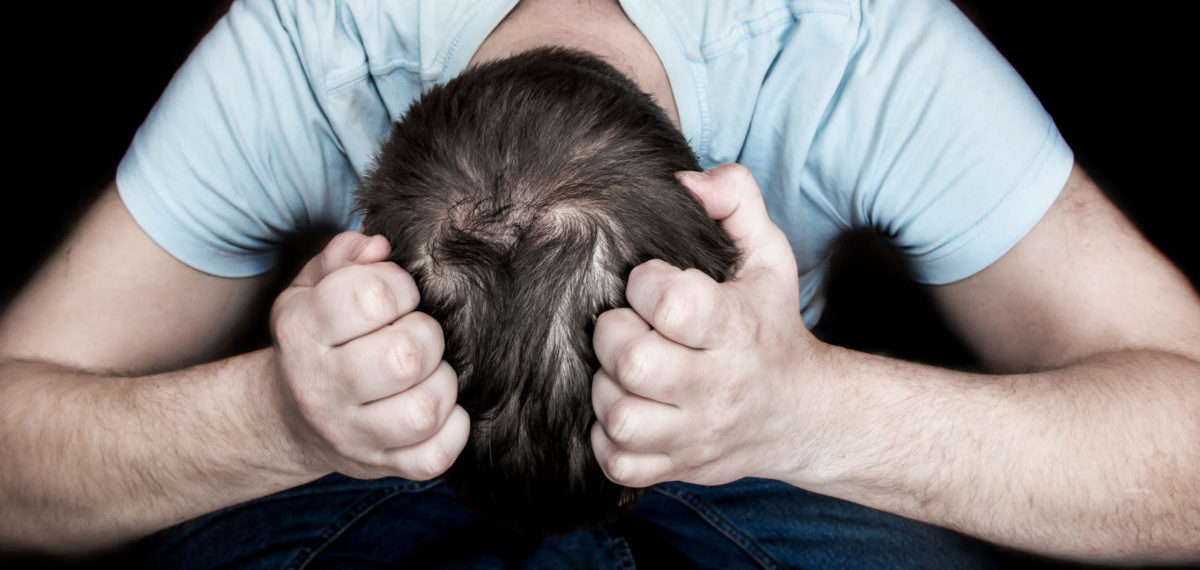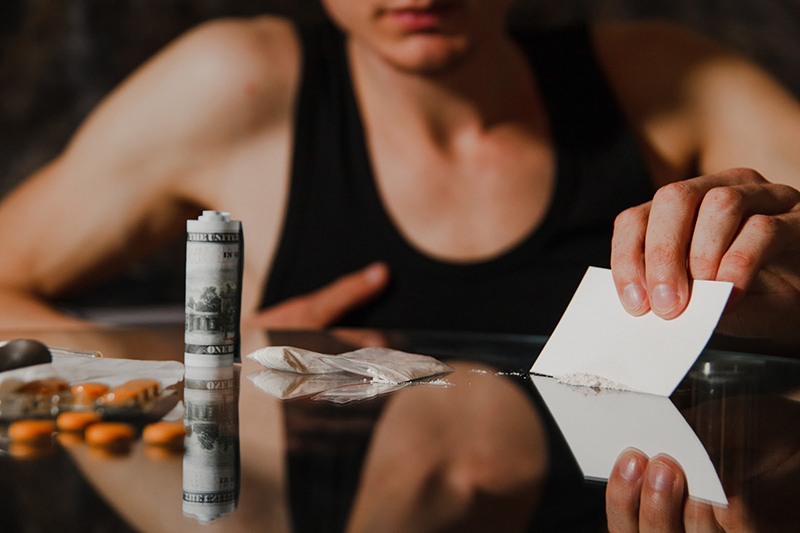Does Alcohol Cause Hair Loss?
There are many different causes of hair loss. Family history, hormonal changes, medications, and aging are among the most common causes of hair loss. These are the cited the most when people ask, ‘ Does alcohol cause hair loss?’
With these other reasons in mind, it comes as no surprise that many people do not realize that alcoholism and hair loss are also linked. Hair loss can affect your scalp alone or your whole body. It can be a temporary loss or a permanent one.
Alcohol and Hair Loss

While alcohol abuse or addiction is not a direct or common link to hair loss, there is a connection between the two. It is important to note that alcoholism affects everyone differently. No two people will experience the same side effects or symptoms each day.
Alcoholism alone will not cause you to lose all your hair. But chronic alcoholism does put you at a higher risk for hair loss than others. Primarily, this comes down to the tendency of alcoholics to suffer from physical or nutritional deficiencies.
Ways Alcohol and Hair Loss Are Linked
Alcoholism has a way of taking over your life. This makes it harder to focus on things like work, family, friends, and your mental and physical health. As such, chronic alcoholism patients are typically deficient in certain vitamins due to a poor diet.
Vitamin deficiencies that are often associated with inadequate dietary intake and alcoholism include vitamins A and B6, thiamine, and folate. While alcoholism itself isn’t the only cause, it is a contributing factor.
Alcohol impairs the way your body absorbs, stores, metabolizes and activates these vitamins. Alcohol also raises your estrogen levels. This elevation of estrogen is, in part, what causes hair loss. People who struggle with alcoholism typically do not follow a healthy or balanced diet.
The loss of vitamins, the deficiencies that follow, and the increase in estrogen contribute to increased rates of hair loss, along with other troubling symptoms. In addition to vitamin deficiencies and estrogen production, elevated stress levels and chronic dehydration are other links to hair loss.
Alcoholism and Chronic Dehydration
Because it is a diuretic, alcohol can cause dehydration. When we drink socially, we often forget to drink enough water to avoid a hangover the next day. When someone is battling chronic alcoholism, it gets even harder to remember to drink the appropriate amount of water each day.
Water is a crucial component in the growth of hair follicles. This means that regular dehydration can damage these follicles, causing your hair to become brittle and break. When your hair grows back, it is thinner than it was before, which makes the hair loss look more noticeable.
To recap, alcohol and hair loss are linked through:
- Vitamin deficiencies from a lack of a healthy diet.
- An increase in estrogen levels.
- Chronic dehydration.
- Elevated stress levels.
Other Side Effects of Alcoholism
Alcoholism can alter your mind and body in many ways. You may experience mood swings or other concerning personality changes, including depression, anxiety, excessive worrying, paranoia, or full-blown panic. Memory loss and impaired judgment are also common.
And on the physical side, alcoholism can lead to an increased risk of:
- High blood pressure and stroke.
- Heart or liver disease.
- Cancer of the liver, colon, mouth, throat, esophagus, and breast.
These conditions are part of a longer list of potential health risks associated with alcoholism. From your relationships and work habits to your diet, mental health, and physical health, alcohol can wreak havoc on your routine. It does not impact just one aspect of your life or another. It impairs all of them.
Treatment for Hair Loss
As we age, we naturally begin to lose our hair. But this happens faster for some than for others. If you believe that you are losing hair faster than you should be for reasons other than alcohol consumption, there are things you can do to improve it.
In recent years, there has been a major push for aging gracefully. Accepting your hair loss and allowing it to run its course untreated and unhidden is admirable. You can also improve its appearance with a strategic hairstyle, makeup, hat, or scarf.
If these tricks are not sufficient, there are options for hair loss treatments. They may help prevent future hair loss, restore growth after hair loss, or do some combination of the two. Your doctor can help you find the best treatment options available to you.
But if you are losing hair due to alcohol abuse, your options may look a bit different. Thankfully, avoiding hair loss with alcoholism treatments can help you prevent further damage and improve existing damage, too.
Avoiding Hair Loss with Alcoholism Treatments
When it comes to alcohol-related hair loss, the good news is that there are ways to regrow your hair naturally. But first, you will need to address your alcohol intake. After all, what good is addressing your hair loss if you continue to do the thing that causes it in the first place?
When you address your alcohol intake first, your body can relearn how to properly absorb the vitamins it needs, regulate the production of estrogen and other important hormones, and find the right overall balance.
Once you address the root of the problem, there are several things you can do to correct or improve your hair loss. Low-level laser therapy is a method that helps restore the health of your scalp, stimulate hair growth, and regenerate old cells.
There are also supplements you can take to address and restore any nutrient deficiencies that may be contributing to your hair loss. These supplements contain nutrients that improve your hair, nails, and skin naturally.
And of course, building a healthy routine in the kitchen will help, too. Vitamin-rich foods like avocado, nuts, and eggs can help improve the health of your hair. While hair loss can be unpleasant and uncomfortable, it does not have to be permanent.
Treatment Options at Best Rehabs In Arizona

If you or a loved one is struggling with alcoholism, reaching out for help is the first step. And at Best Rehabs In Arizona, we have everything you need to meet your short-term and long-term addiction recovery goals.
With our well-rounded and personalized programs, we help you improve each aspect of your health and routine. From our first phone call through aftercare and support group meetings, we will be with you every step of the way.
Among other research-based and proven treatment methods, our alcohol addiction treatment programs feature:
- Monitored detoxes.
- Cognitive-behavioral therapy.
- Contingency management.
- 12-step facilitation therapy.
- Motivational enhancement therapy.
- Community reinforcement.
Getting Started
The best recovery outcomes start with a personalized approach. We will help you learn how to take care of your mind and body so that they will take care of you. Whether you need full-time, inpatient care, part-time outpatient treatments, or sporadic support through peer meetings, we have options here for all different types and levels of addiction.
And we will tailor the program you choose to better suit your unique needs from there. Call us today at 866-263-1808 to get started. Why spend another day wishing that things could change? A new life is just one phone call away.






